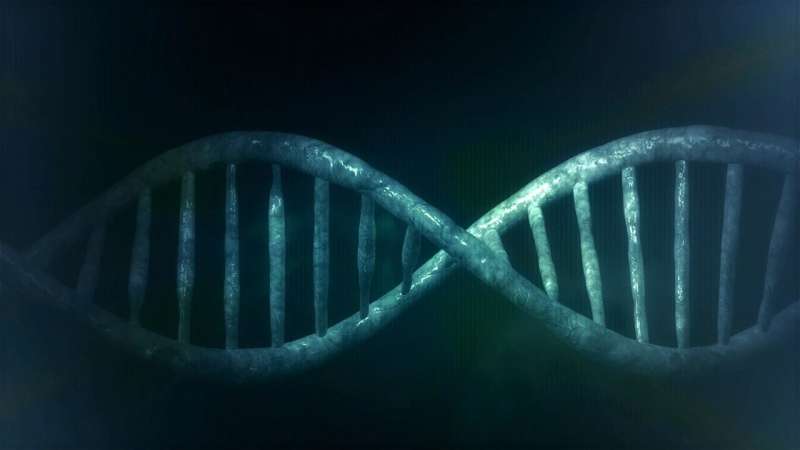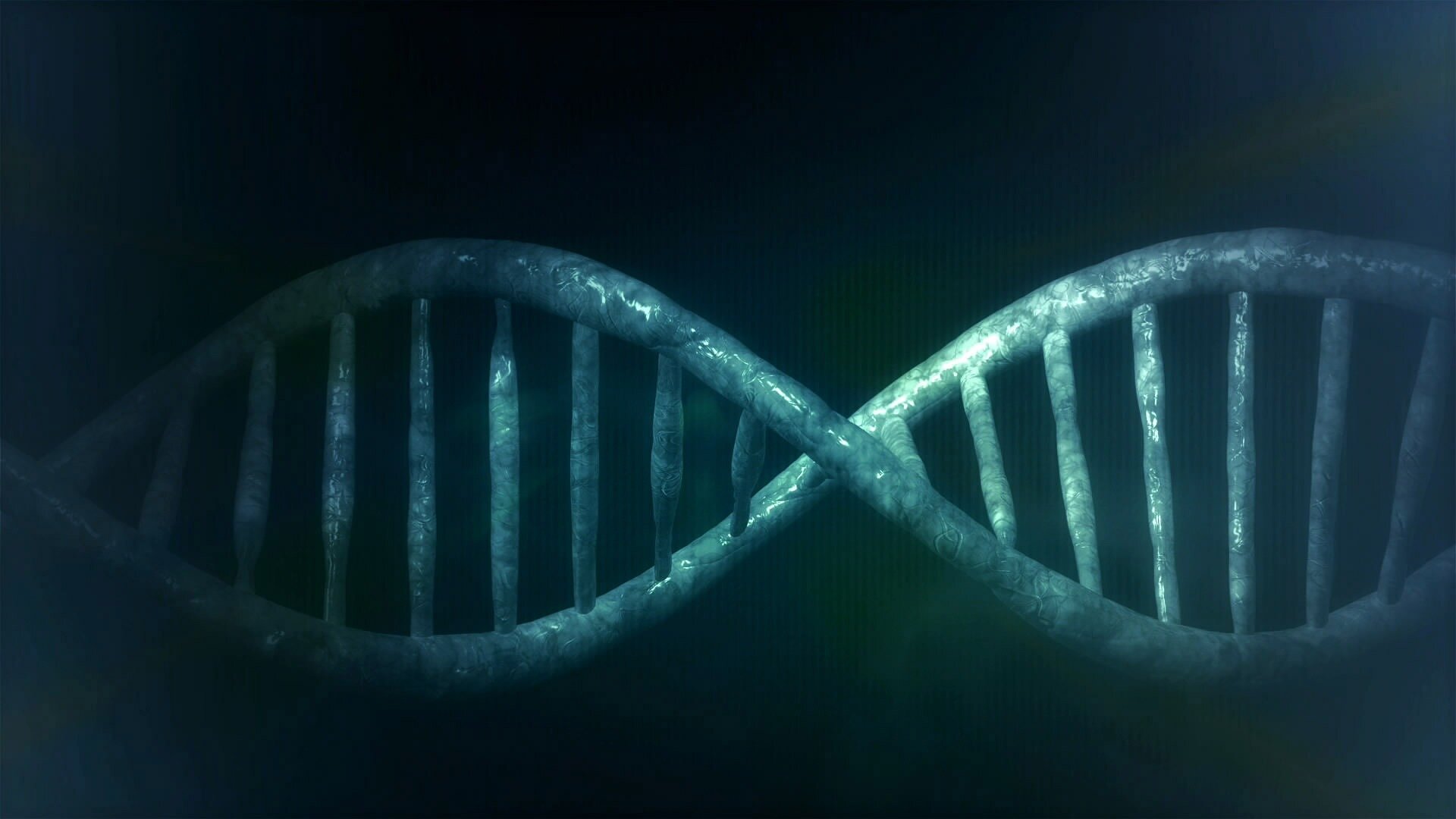
A group of researchers led by the Francis Crick Institute, working with the National Physical Laboratory (NPL) and Imperial College London, have discovered that breast cancer cells expressing a cancer-driving gene heavily rely on vitamin B5 to grow and survive. The researchers are part of Cancer Grand Challenges team Rosetta.
In their research published in Nature Metabolism, the team studied the metabolic effects of one of the major cancer-driving genes called Myc. In tumor cells where Myc is highly expressed, it disturbs normal processes, drives cell growth and also makes tumor cells dependent on certain nutrients.
These dependencies could be exploited as potential therapeutic targets, but it’s hard to appropriately identify and target metabolic dependencies in human tumors, as Myc expression can vary throughout the tumor.
The researchers developed tumors inside mice with two different types of cells, either with high or low levels of Myc. They also transplanted human breast cancer tumor tissue into mice, which also had a mixture of Myc-high and Myc-low areas.
By using a technique called mass spectrometry imaging, the researchers saw that vitamin B5 was associated with Myc-high areas of both mice and human transplanted tumors. This association was also observed in biopsies taken from patients with breast cancer.
They found that Myc increased the amount of a multivitamin transporter, which allowed more vitamin B5 to enter the cells. When the researchers made the cells produce more molecules which make up the transporter, more vitamin B5 entered the cells, even in Myc-low cells. This was enough to enable faster growth of these cells, just like Myc would normally do.
They then fed mice a vitamin B5-deficient diet, and saw that their Myc-low and Myc-high mixed tumors grew more slowly than tumors in mice who were fed a standard diet. This also happened in the human breast cancer tissue when transplanted into the mice.
The researchers believe that this association with tumor growth is due to the key role vitamin B5 plays in metabolism. Once taken into cells, it is converted into a molecule called coenzyme A, which can then be used in lots of metabolic pathways. This ultimately leads to more energy and the production of materials (like fats, proteins and carbohydrates), enabling the cell to grow.
Although the study links vitamin B5 and tumor growth, it would be too simple to just restrict vitamin B5 intake for people with cancer—vitamins are also important for the immune system to fight back against the tumor. The researchers are now devising strategies to selectively weaken the tumors, without affecting the immune system, to increase the likelihood of a favorable clinical outcome.
Peter Kreuzaler, former postdoctoral researcher in the Oncogenes and Tumor Metabolism Laboratory at the Crick, and now Group Leader at the University of Cologne, said, “Previously, tumor metabolism was measured in bulk, and couldn’t give too many insights into how areas of tumors use molecules like vitamins differently.”
“By using a specialized imaging technique with high resolution in this study, we could see how metabolism differs across a tumor, and that taking away just one vitamin stops a cascade of cancer-driving events. But it’s not yet the full picture—the mice used in this study had a weakened immune system, so next steps are to see the impact of removing vitamin B5 within a strong immune system.”
Tracking vitamin B5 levels could also be used as a biomarker, to help researchers and doctors understand the genetic makeup of a person’s tumor. In collaboration with King’s College London, the team are also developing tracers for vitamin B5 which could be used to identify patients who are more likely to respond to Myc-specific treatments in clinical trials.
Mariia Yuneva, senior group leader of the Oncogenes and Tumor Metabolism Laboratory at the Crick, and co-investigator in the Cancer Grand Challenges Rosetta team, said, “Many people have cancer which doesn’t respond well to treatment or where existing treatments are too toxic. Metabolic dependencies of tumors have been explored as potential therapeutic targets in mouse models of cancer and showed promise.”
“However, human tumors are much more complex. It’s important we understand the role of different genetic profiles, and interactions between the tumors and the body’s own cells, to design effective therapies targeting tumor metabolism in humans.”
“Vitamin B5 is needed for normal body functions, so attempting to restrict access to vitamin B5 to the tumor is a fine balance and could have toxic side effects. It is also not an easy task as vitamin B5 is produced by microbes in the gut. But it would be interesting to test how altering vitamin levels make a difference in treatment, or how we can use vitamin B5 metabolism to characterize what type of tumor a person has and whether it will respond to different treatments.”
David Scott, Director of Cancer Grand Challenges, said, “It’s fantastic to see how the Rosetta team is applying the mass spectrometry imaging pipeline it has developed to better understand tumor metabolism, revealing important insights into the effects of vitamin B5 on tumor growth.”
More information:
Vitamin B5 supports Myc oncogenic metabolism and tumour progression in breast cancer., Nature Metabolism (2023). DOI: 10.1038/s42255-023-00915-7 , www.nature.com/articles/s42255-023-00915-7
Journal information:
Nature Metabolism
Source: Read Full Article
